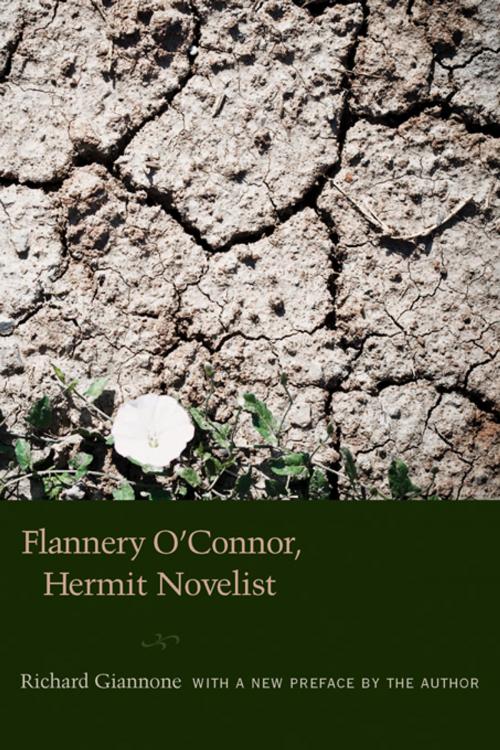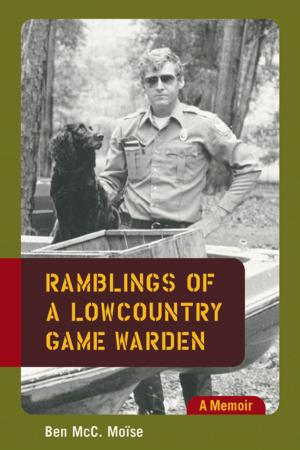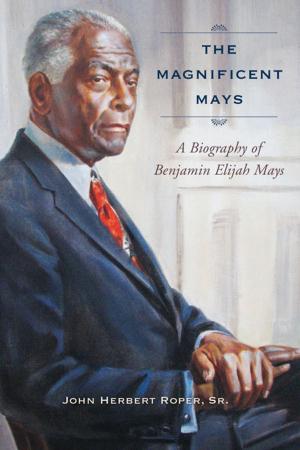| Author: | Richard Giannone | ISBN: | 9781611172270 |
| Publisher: | University of South Carolina Press | Publication: | September 7, 2012 |
| Imprint: | University of South Carolina Press | Language: | English |
| Author: | Richard Giannone |
| ISBN: | 9781611172270 |
| Publisher: | University of South Carolina Press |
| Publication: | September 7, 2012 |
| Imprint: | University of South Carolina Press |
| Language: | English |
"Lord, I'm glad I'm a hermit novelist," Flannery O'Connor wrote to a friend in 1957. Sequestered by ill health, O'Connor spent the final thirteen years of her life on her isolated family farm in rural Georgia. During this productive time she developed a fascination with fourth-century Christians who retreated to the desert for spiritual replenishment and whose isolation, suffering, and faith mirrored her own. In Flannery O'Connor, Hermit Novelist, Richard Giannone explores O'Connor's identification with these early Christian monastics and the ways in which she infused her fiction with their teachings. Surveying the influences of the desert fathers on O'Connor's protagonists, Giannone shows how her characters are moved toward a radical simplicity of ascetic discipline as a means of confronting both internal and worldly evils while being drawn closer to God. Artfully bridging literary analysis, O'Connor's biography, and monastic writings, Giannone's study explores O'Connor's advocacy of self-denial and self-scrutiny as vital spiritual weapons that might be brought to bear against the antagonistic forces she found rampant in modern American life.
"Lord, I'm glad I'm a hermit novelist," Flannery O'Connor wrote to a friend in 1957. Sequestered by ill health, O'Connor spent the final thirteen years of her life on her isolated family farm in rural Georgia. During this productive time she developed a fascination with fourth-century Christians who retreated to the desert for spiritual replenishment and whose isolation, suffering, and faith mirrored her own. In Flannery O'Connor, Hermit Novelist, Richard Giannone explores O'Connor's identification with these early Christian monastics and the ways in which she infused her fiction with their teachings. Surveying the influences of the desert fathers on O'Connor's protagonists, Giannone shows how her characters are moved toward a radical simplicity of ascetic discipline as a means of confronting both internal and worldly evils while being drawn closer to God. Artfully bridging literary analysis, O'Connor's biography, and monastic writings, Giannone's study explores O'Connor's advocacy of self-denial and self-scrutiny as vital spiritual weapons that might be brought to bear against the antagonistic forces she found rampant in modern American life.















